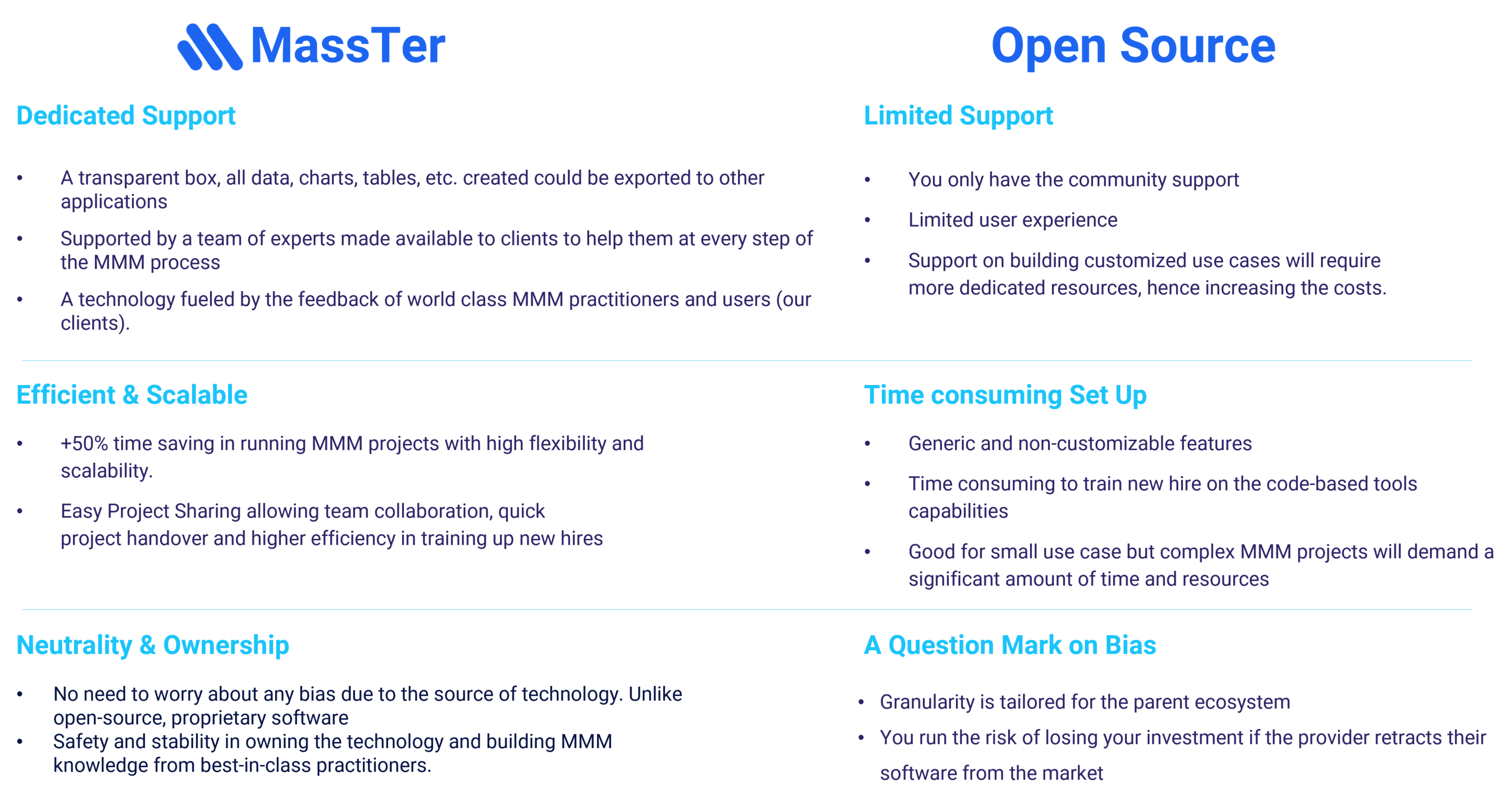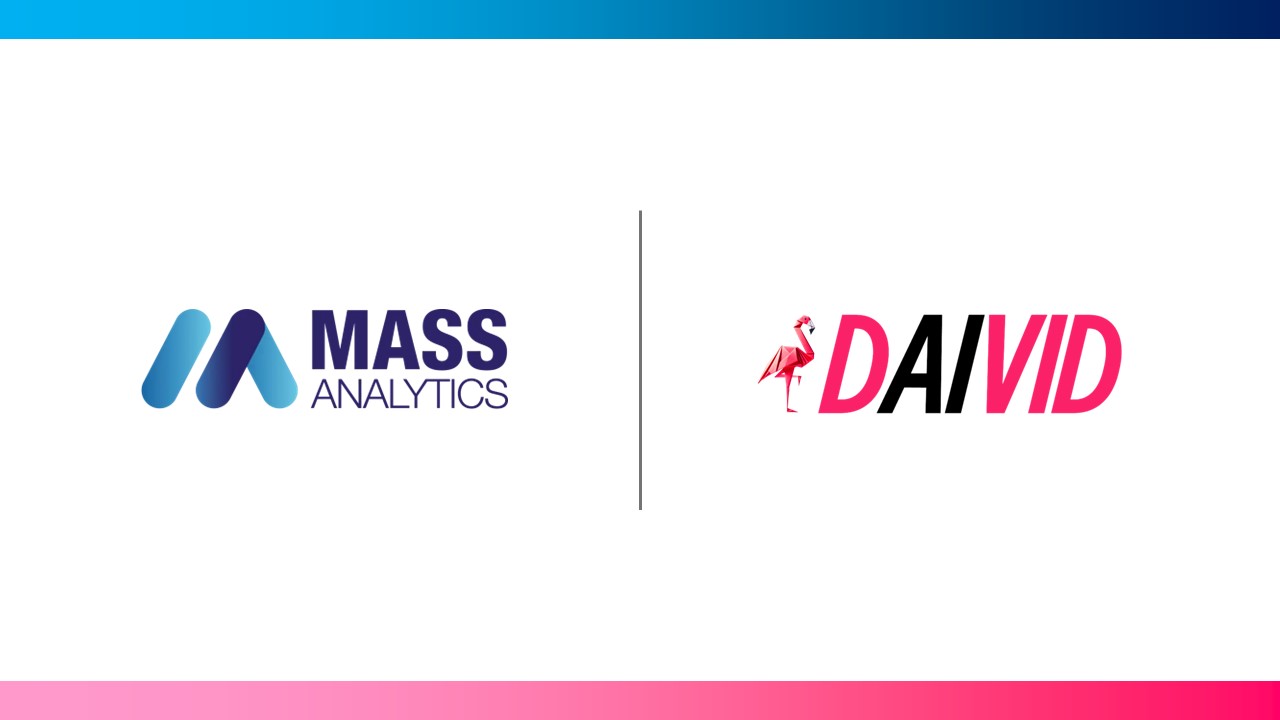Open Source Vs. Premium MMM Technology
The third age of MMM brought access and democratization to MMM users whose numbers have grown rapidly over the past few years.
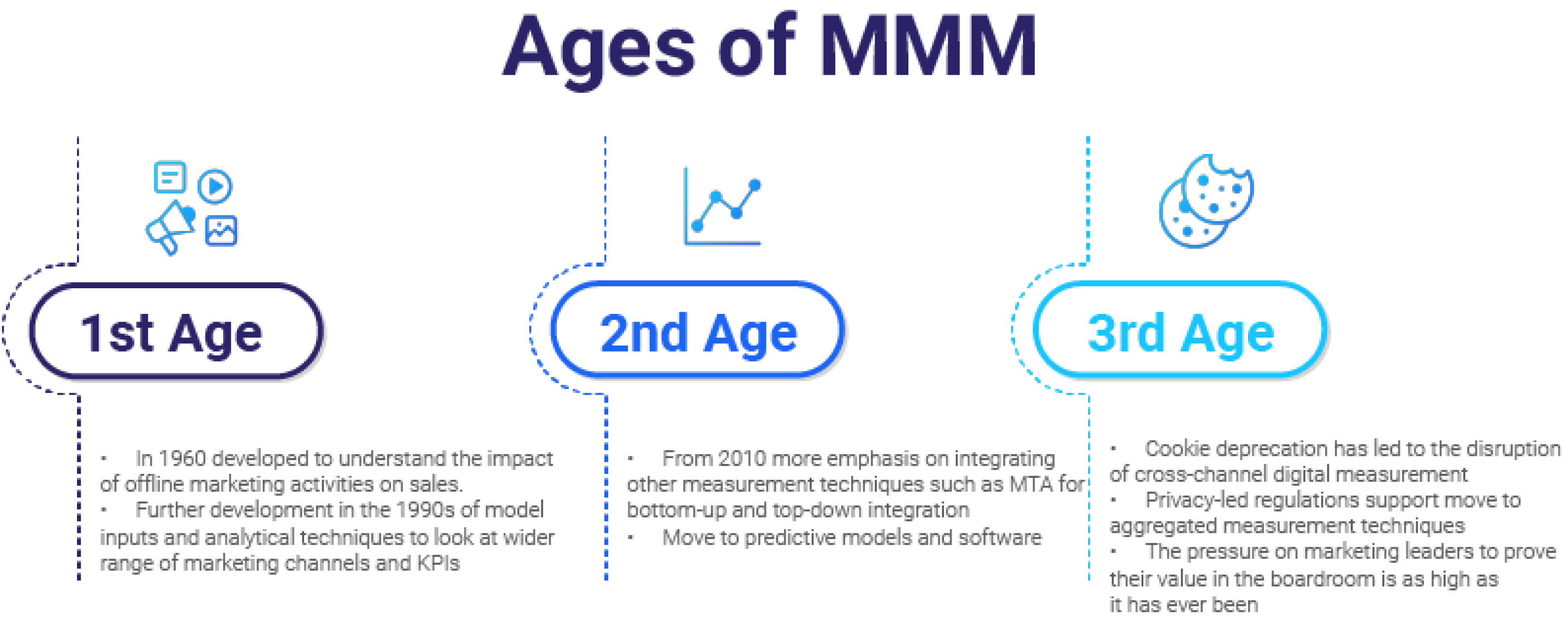
With new MMM providers on the scene and new technology, MMM users are now dealing with the dilemma of having lots of options to pick from. The most common case we’ve seen recently is the choice between proprietary MMM technology and open-source platforms like Meridian and Robyn.
A solid answer: it’s not about the technology, it’s about asking the right business questions to answer, then picking the right technology and using it correctly. The best technology could drive your business off a cliff if not adapted to your company’s needs.
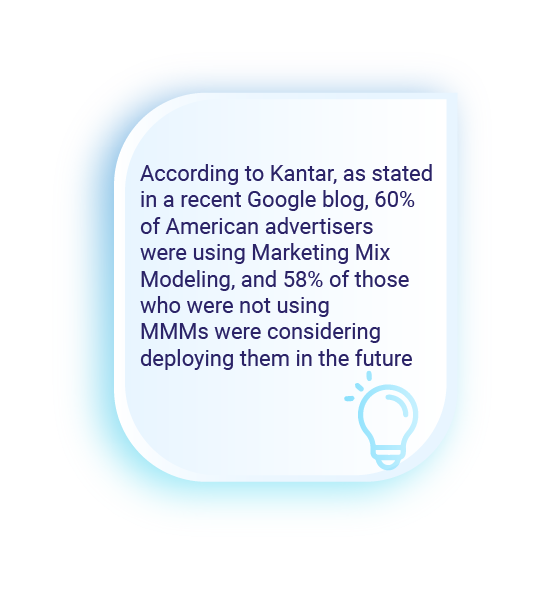
Examples of Business Questions
-
- What’s the impact of marketing activities on revenue?
- What are the main marketing channels contributing to sales, subscriptions, traffic, and brand awareness?
- What’s my optimal budget and how can I better allocate it across product categories, media channels, campaigns, and promotional tactics?
- What’s the impact of Competition?
- What impact do external factors like seasonality, and the economy have on sales, subscriptions, traffic, and brand awareness?
This reality becomes trickier as your projects get more elaborate; you start dealing with multiple markets, multiple KPIs, carry-over effect, omnichannel measurement, external factors.
Before discussing the choice between premium and open source in more detail, it’s important to look at the reality of the business first. The marketing measurement system of any large company is almost never a one-measurement technique system. It’s often made up of a combination of the following.
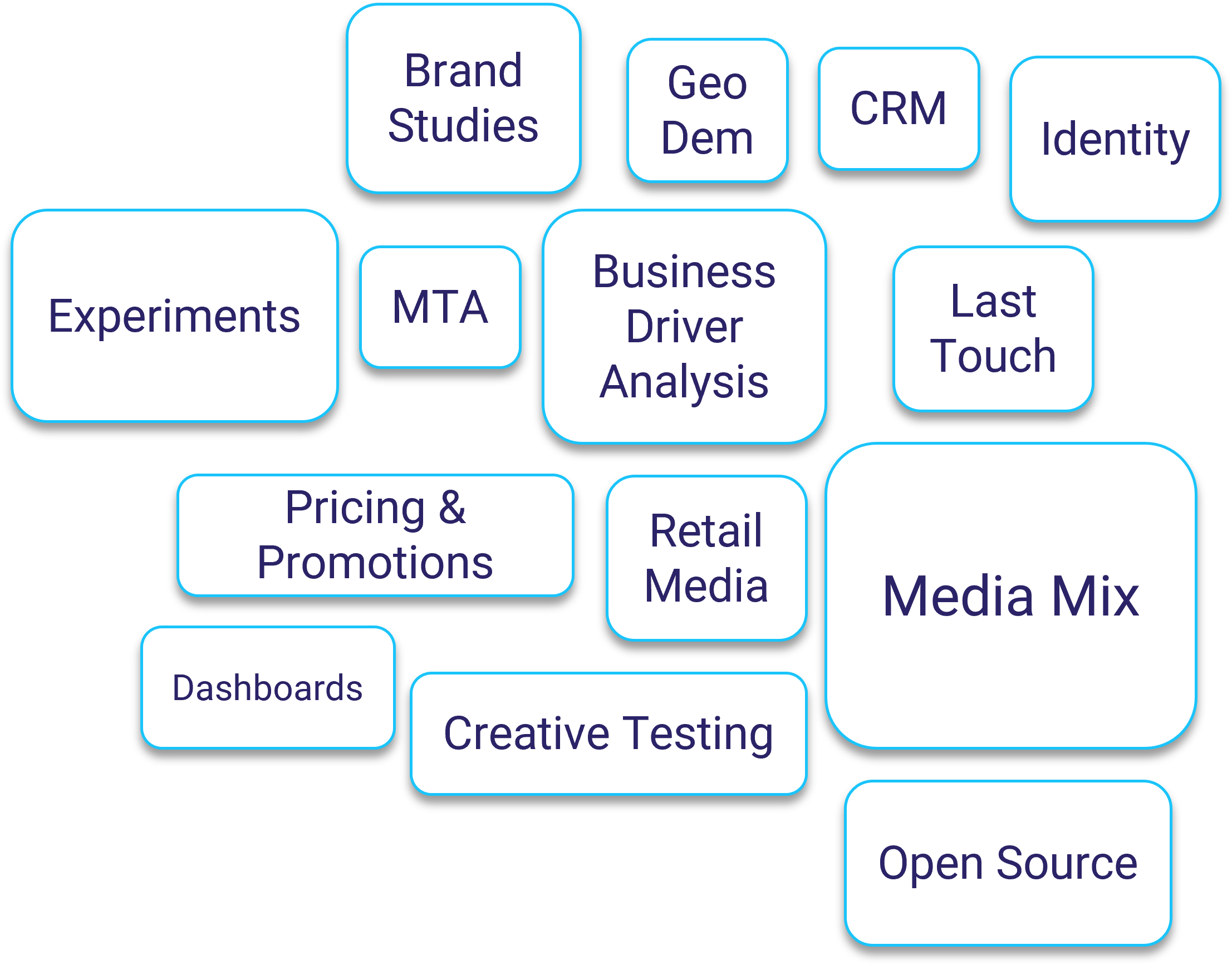
This in mind, the question between premium and open source should not be an either-or kind of question. We believe that the decision on how and when to deploy them varies company by company depending on the strategy, the size of the project and the composition of the team.
If you’re dealing with a small use case of digital media data, then open-source gives you some options to get started if you have Python skills. It includes some innovative techniques, and it offers the promise of flexibility and transparency via access to the existing code.
This situation becomes obsolete when one of these two realities sets in:
1. The project becomes more complex:
When the use case you need to tackle has a narrow scope and deals with media data, using Meta and Google’s open-source libraries that are pre-configured against their eco-system can simplify measurement outcomes. But what happens when the project has a huge ecosystem of data that looks like this:

In other terms you will be in-housing MMM by building your own tool, possibly in complete isolation from the professional and objective opinions MMM practitioners. Remember, MMM isn’t just a code or a statistically robust model. It needs the business input of a consultant who understands the nuances of the business. Without it, you only have a code that “is transparent for the data scientists and the machine learning engineers” Forrester.
This might sound like a surprising risk, but MMM is a highly specialized expertise. The two common challenges are selecting and preparing data inputs and interpretation of results. Open-source packages do save data science teams time, but they do not educate on the overall process the way a proper MMM software and support team would.
This is especially true when you want to scale up. In this case the question of speed also comes into play as data preparation and processing become time-heavy and don’t tolerate clunky solutions that don’t have the support MMM practitioners.
The decisive advantage of partnering with an established MMM player -that has a business model around creating value and increasing expertise at your organization- is that they will provide you with expertise and software a fully developed user interface both for modeling and optimization that is production ready. This offers you lots of control over how things work (no black-boxes).
It is also quick and easy to get started; not to mention, it comes with a full training and support package, which ensures that you have at your fingertips, all the resources needed whether you want to in-house, get managed services, or have a combination of both. You also benefit from the knowledge of MMM practitioners who bring a grounded and diverse experience dealing with MMM across multiple industries.

What an established player like MASS Analytics brings to our partners
2. When you raise the question of bias and ownership
If we forget about the complexity of marketing measurement project and assume that open-source are perfect alternatives for premium and established MMM providers, we are left with two fundamental questions that should be asked before deploying open source.
Should a business completely base their marketing strategy on insights that come from technology provided by companies who earn more than $200B in advertising (Statistica)? Shouldn’t there be some checks and balances, so to speak, to ensure that there is no bias towards one specific type of data?
When the first point is all set and neutrality is guaranteed, ownership should be the next question to tackle. What if the open source provider decides to retract their platform from the market?
Summary
